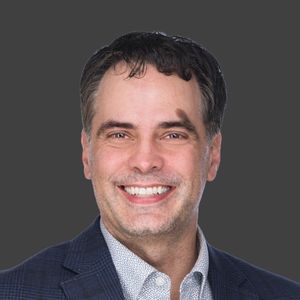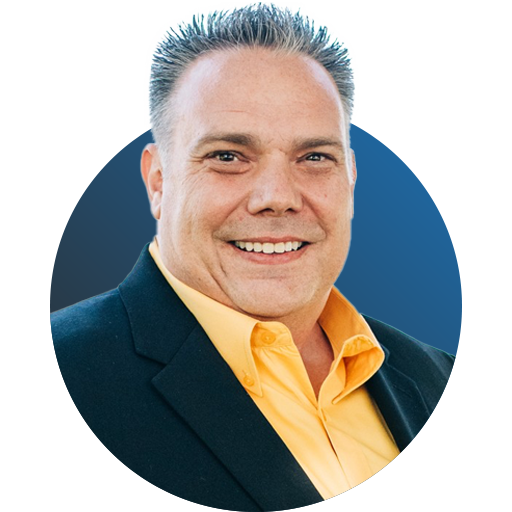Leading with Value! – w/ Alex Sanfilippo
Episode 125 • January 23, 2023
Alex Sanfilippo (Founder, PodPros.com) is the host of the top-rated podcast called Podcasting Made Simple. He is also the founder of PodPros.com, a software company focused specifically on the podcasting industry.
Alex and his team have created popular services like PodMatch, a service that matches podcast guests and hosts together for interviews, and PodcastSOP, a project management tool that helps podcasters keep up with their episode releases.

